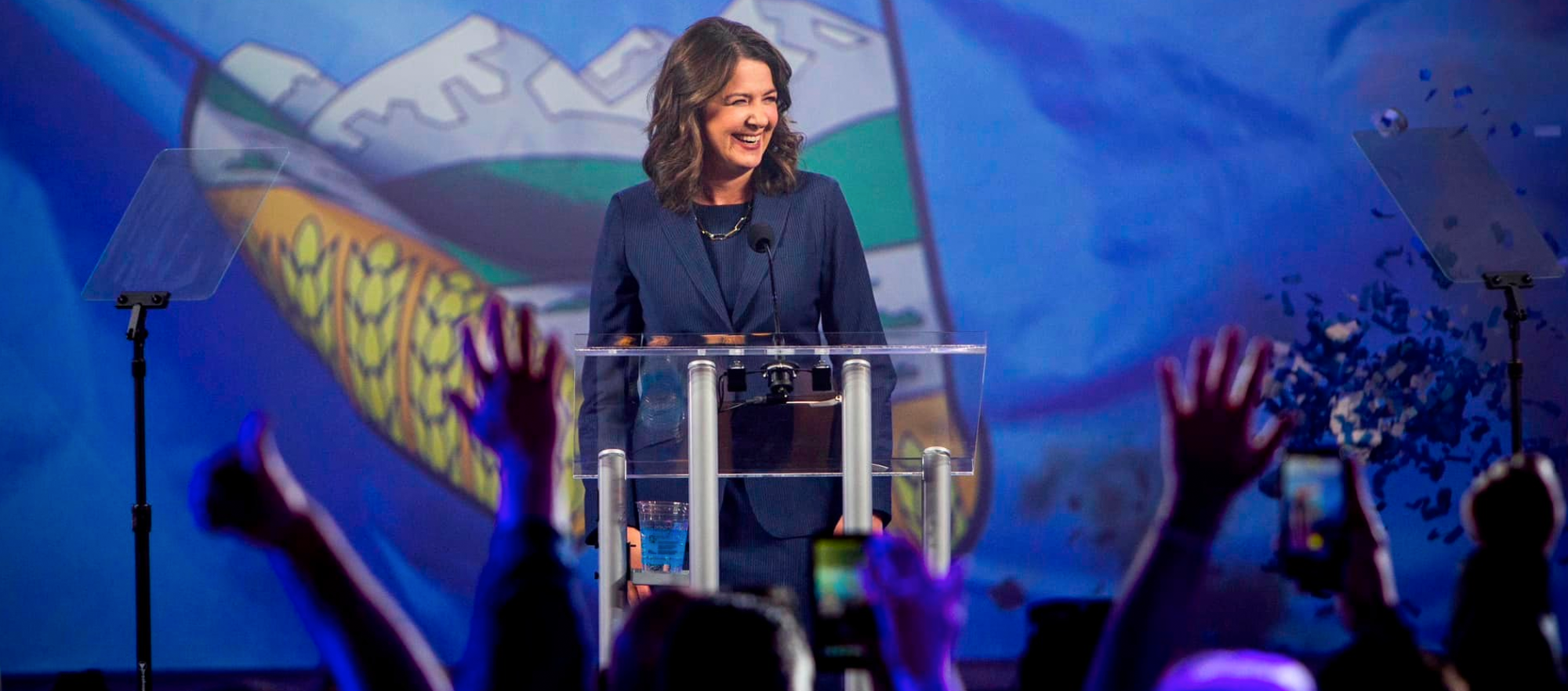Despite expectations that this would be a close election – it was close by Alberta standards – Alberta will continue to be governed by the United Conservative Party for the next four years.
Here are some key facts:
- Fewer voters turned out. In terms of percentage, voter turnout declined from 67.5% in 2019 to 62.3%. In absolute terms, this represents a decline of 140 thousand votes.
- UCP remains in control. The UCP lost 14 seats overall and maintains a 5-seat majority, compared to 38 seats for the NDP. The 49 seats include one member (Jennifer Johnson, Lacombe-Ponoka) who will not sit with Caucus, although it is unlikely that she will ever oppose the UCP mandate.
- Weakened UCP front bench. With fewer MLAs, the UCP lost several experienced former Cabinet Ministers, including Tyler Shandro, Jason Copping, Jeremy Nixon, Jason Luan, Nicholas Milliken, Josephine Pon, Prasad Panda. This is in addition to the retirement of several high-profile Ministers, in particular Travis Toews and Sonya Savage.
- Cabinet Ministers likely to take on new responsibilities. With major portfolios such as Health, Mental Health and Addictions, Justice, Immigration, Seniors, and Culture all without re-elected Ministers, there will be big changes in government. Long serving Ministers such as LaGrange (Education) and Nicolaides (Advanced Education) will likely move while Ministers newer in their portfolios, such as Sawhney (Transportation), Schultz (Municipal Affairs), and Neudorf (Infrastructure) will likely stay. With the (apparent) loss of Tyler Shandro and Kaycee Madu, Premier Smith has two lawyers left in Caucus – Brian Jean and Mickey Amery. She will likely tap one of them to take over as Attorney General.
- The NDP is strengthened and emboldened. Rachel Notley signalled during her concession speech that she plans to stay. Her popularity continued to bring the NDP up in votes and seats.
In terms of the agenda of this government, Premier Danielle Smith victory speech signaled a united path and representing all Albertans, particularly against a federal government that she believes is determined to harm Alberta’s economy. She specifically mentioned she wants Alberta to have the best health and education systems in the world.
The UCP welcomes 10 new Caucus Members (excluding Jennifer Johnson). Two of the new members come from Calgary, while the rest come from small town or rural Alberta. Some of these Members will undoubtedly have to saddle up for Cabinet responsibilities sooner than they expected. The new members are:
Eric Bouchard – Calgary Lougheed
Myles McDougall – Calgary Fish Creek
Chantelle de Jonge – Chestermere-Strathmore
Justin Wright – Cypress-Medicine Hat
Andrew Boitchenko – Drayton Valley-Devon
Nolan Dyck – Grande Prairie
Ron Wiebe – Grande Prairie-Wapiti
Brandon Lunty – Leduc-Beaumont
Scott Sinclair – Lesser Slave Lake
Chelsae Petrovic – Livingston-Macleod
Winners and losers in this election:
- Loser – Online polling. These surveys consistently predicted a closer result than the final outcome.
- Loser – Tallying machines. Elections Alberta reportedly had challenges getting the tabulation machines to work resulting in hours long delays.
- Loser – Minor parties. Alberta is now essentially a two-party province. All the minor parties combined earned only 60,300 votes.
- Winner – Danielle Smith. Despite expectations about her pending loss prior to the campaign, she managed to hold on to power. However, she did so with one of the smallest margins in the legislature ever held by a conservative government.
- Winner – Rachel Notley. Having made substantial gains, she earned the right to continue to lead her party and hold the UCP government to account.
We’ll keep you up to date as we learn more about Cabinet (likely appointed next week) and other steps as Premier Smith begins to govern.
Please reach out if you have any questions.

